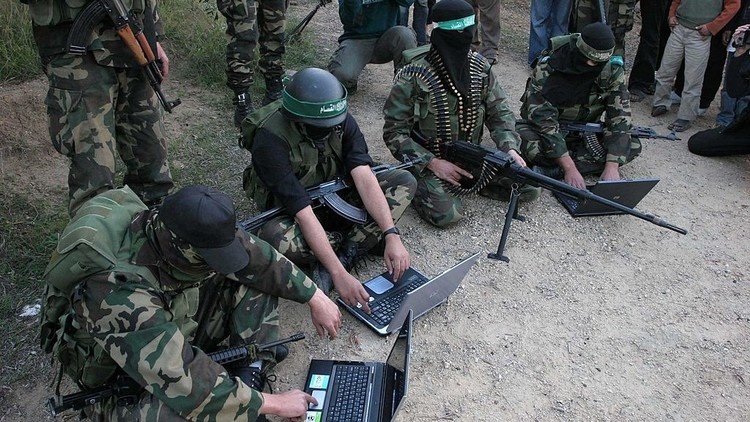MOSCOW. SEPTEMBER 15, 2022. PIR PRESS. The Security Index Occasional Paper Series came out with the new report “The Ups and Downs of the Cyber Caliphate: Al-Qaeda* and ISIS* in the Digital Space” by Leonid Tsukanov.
International terrorism remains one of the key threats to Russia’s security. However, as the world continues to digitalize, cyberterrorism is spreading along with traditional forms. It can cause much greater damage to the global security architecture, which is largely facilitated by the rapid development of information and communication technologies. The goal of this research paper is to analyze the activities of Al–Qaeda* and ISIS*, as the two most active supporters of the concept of digital jihad, in cyberspace.
Key findings:
- Theoretical understanding of the phenomenon of cyberterrorism continues to this day and is supplemented with additional introductory and categories – primarily due to the development of new aspects of activity in the digital space by jihadists.
- The developed propaganda cliches about the permissibility of digital jihad are quite difficult to counteract, since they are formulated based on the works of rejected preachers or with a deliberate distortion of the essence of the original source. Due to this, high flexibility and survivability of concepts promoted by radicals is achieved.
- Both Al-Qaeda* and ISIS* have passed a similar path in the development of the digital component of their activities, but the leaders of ISIS* approached the issue more systematically, which is why the concept of digital jihad has become firmly associated with this particular group. On the other hand, despite the advantage gained, ISIS* quickly lost its leading position due to systemic problems, which caused a complex stagnation of their cybersystem.
- By the beginning of the COVID-19 pandemic, both groups had minimized offensive digital activity. Instead, the propaganda component of the activity came to the fore. The idea of creating digital squads in the pandemic remained in the category of long-term plans due to lack of resources.
- All the most likely scenarios have a point of contact: at first, the jihadists will not undertake large-scale offensive actions in cyberspace, probing the capabilities of a likely enemy.
* The organizations listed in the paper are terrorist, their activities are prohibited on the territory of the Russian Federation.

